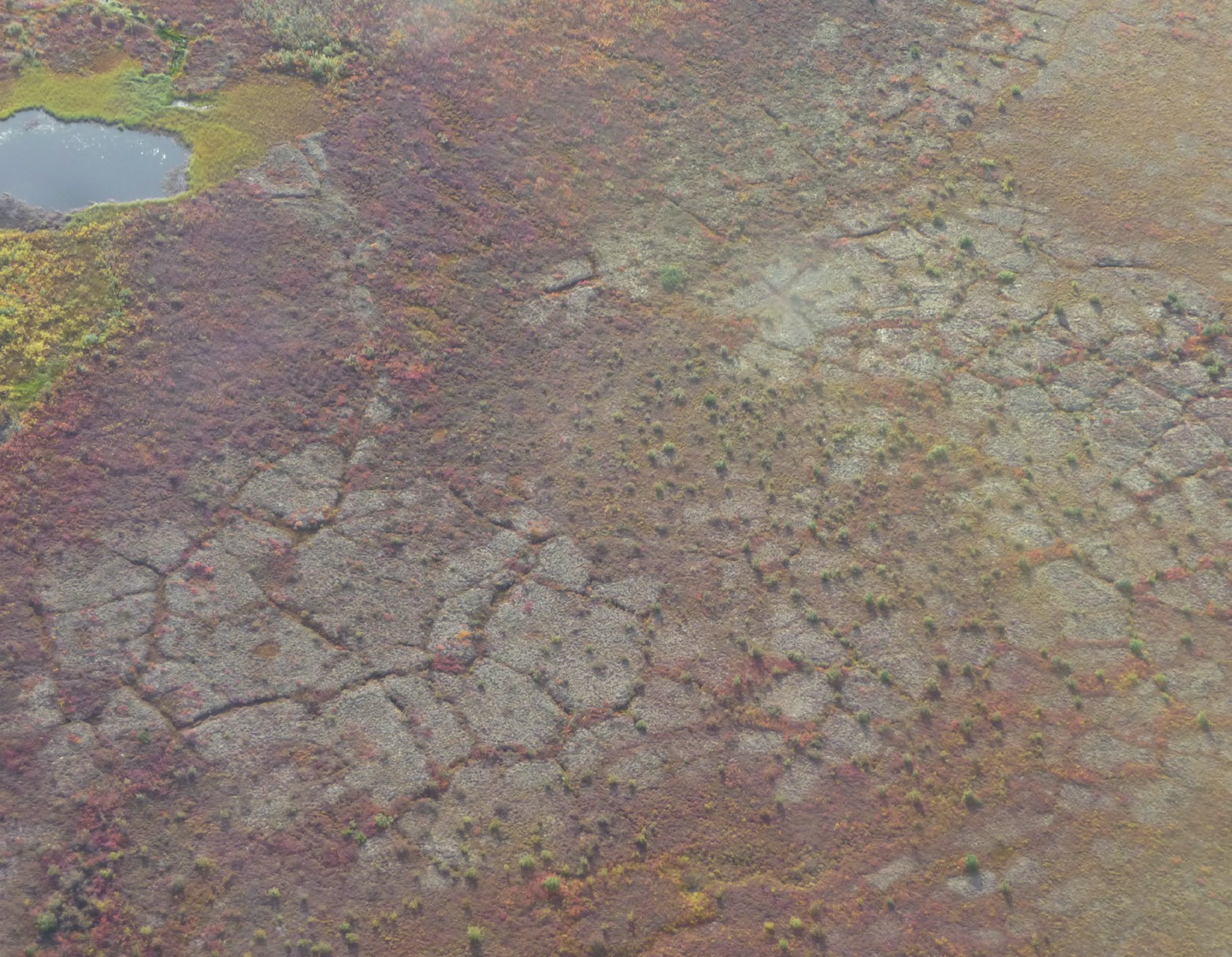
Despite extremes of cold and months of darkness, the Arctic supports complex food chains, from algae and cyanobacteria to large mammals. When these organisms die, their remains become part of the ‘detritus’ system. Organic detritus which does not fully decompose plays an important role as organic matter in soil in all environments. But in cold environments such as the Arctic, incomplete decomposition can lead to massive accumulations of organic matter, and thus carbon, in soils and sediments.
A similar process in UK uplands following the retreat of the British-Irish ice sheet between 27,000 and 11,500 years ago produced our peatlands and blanket bogs, where cold and wet conditions have restricted decomposition processes.
Your organisation does not have access to this article.
Sign up today to give your students the edge they need to achieve their best grades with subject expertise
Subscribe




